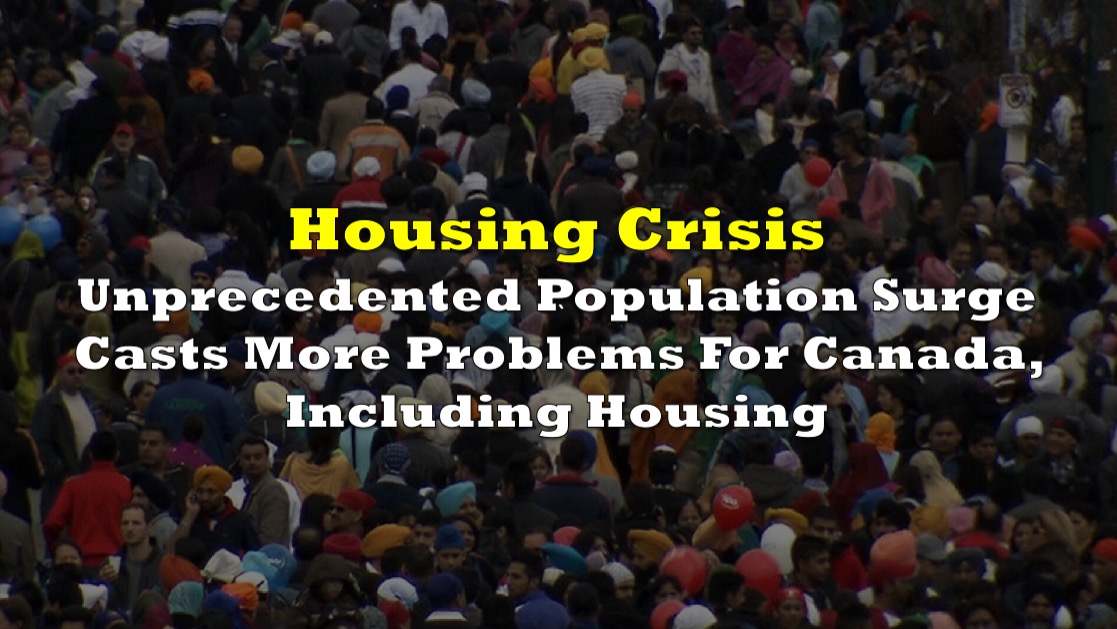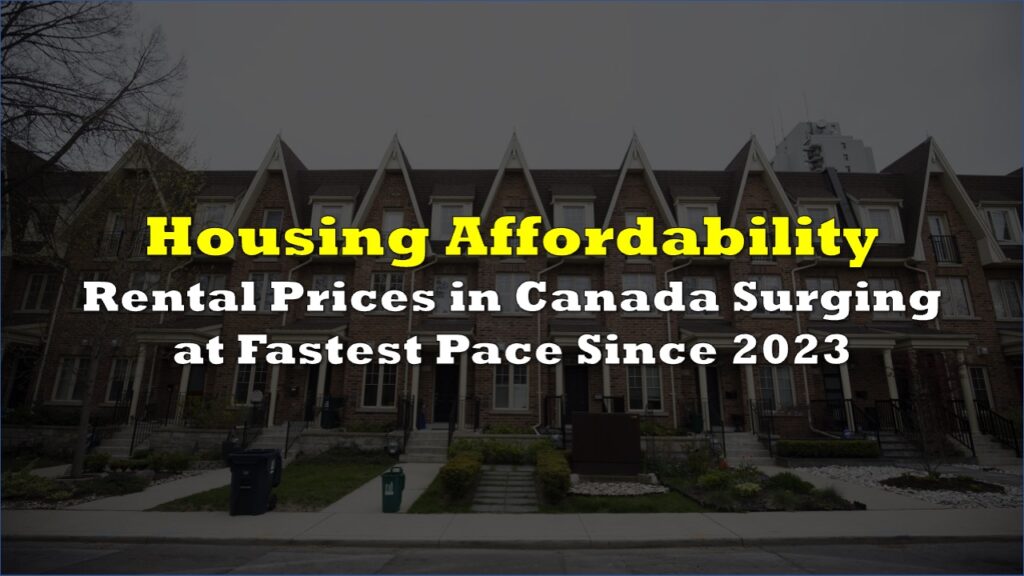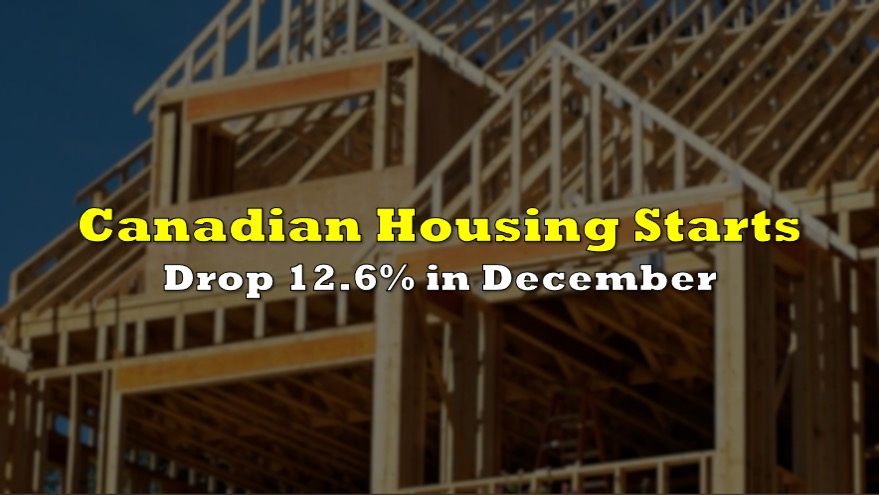In the face of an unprecedented surge in population growth, Canada is grappling with a housing challenge that has prompted policymakers to implement changes in a bid to address the escalating crisis.
According to recent data, the country’s population surged by over 430,000 during the third quarter, marking the fastest pace of growth since 1957, and bringing the total population to more than 40.5 million, as reported by Statistics Canada.
The surge in population growth, driven primarily by international migration, has left Canadian officials scrambling to keep up with the demand for housing. The current rate of population growth suggests that the nation would require a staggering 170,000 new housing units every three months, assuming a household formation rate of 2.5 people.
At the current rate of population growth, Canada would require 170,000 new housing units *every 3 months,* assuming household formation of 2.5 people. On WSJ wires: pic.twitter.com/9Hscerr7Y8
— Paul Vieira (@paulvieira) December 20, 2023
Economists at BMO Capital Markets note the challenges posed by this record quarterly population jump in the third quarter, hindering efforts to rapidly construct residential units.
“In no version of reality can housing supply respond to an almost tripling in the run-rate of new bodies,” BMO states, emphasizing the strain on the housing market. The population rose by 1.1% in the third quarter compared to the second quarter, and climbed by 3.2% on a 12-month basis. November’s housing-starts data indicated the production of 220,000 units on an annual basis, falling short of the estimated demand.
Bank of Canada deputy governor Toni Gravelle addressed the issue in a recent speech, acknowledging the benefits of immigration on the economy but cautioning about its impact on housing. Gravelle pointed out that the surge in demographic demand, coupled with existing structural supply issues such as zoning restrictions and a shortage of construction workers, may explain why rent inflation is on the rise in Canada.
Experts have long warned that the rapid pace of population growth is eroding housing affordability, with Canadians expressing concerns about the strain on infrastructure and services. A recent Leger poll revealed that approximately three-quarters of respondents believe that the increase in immigrants is adding pressure to both the housing market and the health-care system.
The sentiment around immigration has also shifted, with polling indicating a decrease in the percentage of Canadians supporting increased immigration compared to March 2022. Concerns about strained infrastructure and services have led to a decline in the number of Canadians advocating for higher immigration levels, falling from 17% to 9% in recent months.
Information for this briefing was found via CBC and the sources mentioned. The author has no securities or affiliations related to this organization. Not a recommendation to buy or sell. Always do additional research and consult a professional before purchasing a security. The author holds no licenses.









